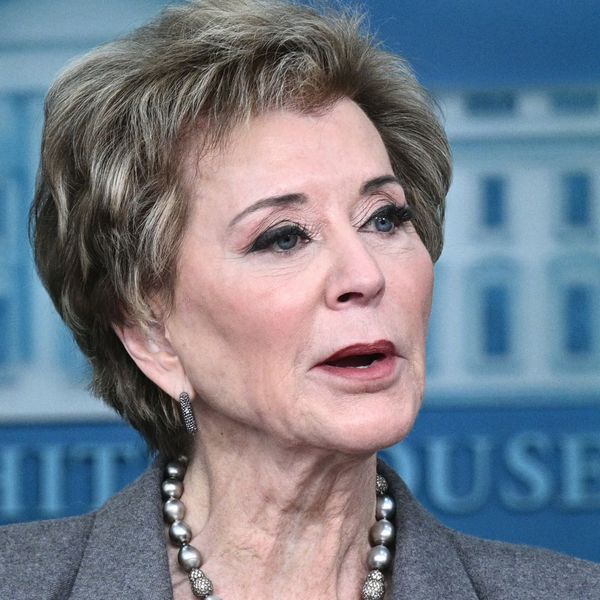A little over a year ago, United for a Fair Economy released State of the Dream 2015: Underbanked and Overcharged. This groundbreaking report looks at the banking industry from the perspective of low-wage workers and people of color. We are thrilled to be sharing a small victory that has happened partly because of this report and the policy solutions it proposed.
One of the solutions we promoted in this report was expanding the services offered by the United States Postal Service (USPS) to include some basic banking services, like check cashing, bill-pay, fee-free access to federal payments (like social security benefits, military pay, welfare assistance, etc.) and even offering free basic checking or savings accounts.
UFE was proud to join with 16 other national organizations to create the Campaign for Postal Banking. In December, the Campaign delivered 150,000 signatures to the Postmaster General urging the USPS to begin offering basic financial services to people most in need- the unbanked and underbanked.
In June of this year, Michael Young, our Inclusive Economy Network Director, was asked to speak at a field hearing in Greensboro, NC on the benefits of postal banking in marginalized and rural communities. His comments can be found here.
The effort to bring back postal banking achieved a major victory this month, when the official Democratic Party Platform included language that supported Post Offices expanding into basic financial services. This is not a specific piece of legislation; rather it will be the official policy position of the Democratic Party.
While this policy idea can make a big difference to millions of unbanked and underbanked people around the country, it is only one small step toward financial inclusion. The economy must work for the very workers that power it- and even those unable to do traditionally paid work.
It is going to take a multi-dimensional approach to create this inclusive economy- including community organizing for fair taxes and progressive government, outlawing the most exploitive practices in our economy, lifting the wage floor at local and federal levels, and supporting the businesses and cooperatives that are putting people and planet before profit.

